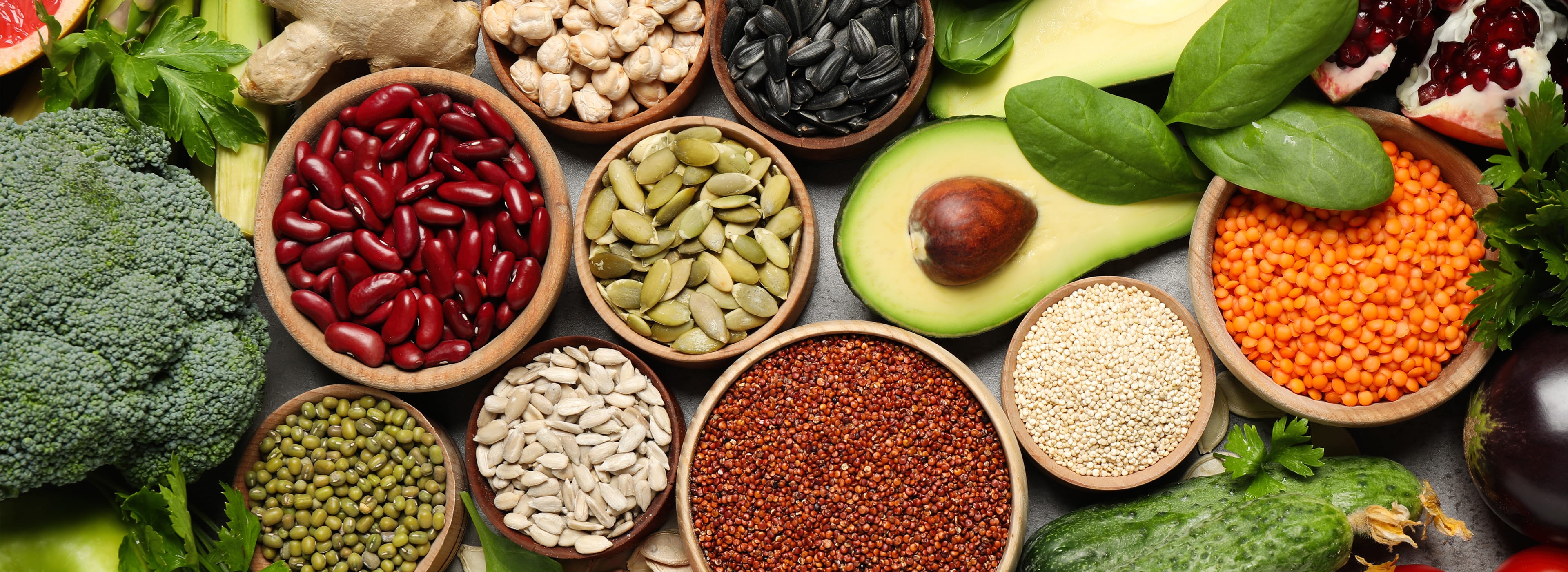
EAT-Lancet report: Urges reduction in meat consumption
An updated version of the EAT-Lancet Report presents alarming new findings about the environmental impact of meat, drawing particular attention to the problems associated with chicken factories.
EAT-Lancet is an international research initiative that develops dietary guidelines promoting both human health and planetary sustainability. On October 3, the latest report was released, produced by a global team of experts in nutrition, climate science, health, economics, and agriculture. Compared with earlier editions, this report is notably more critical of intensive factory farms – especially chicken factories – and highlights the growing risks of antibiotic resistance, pandemic threats, and environmental degradation.
I welcome the EAT-Lancet Commission’s clear and urgent call for a rapid transformation of the global food system. The in-depth review of chicken factories exposes a long-standing deception – the greenwashed image of chicken meat as a sustainable choice can finally be discarded.
– Benny Andersson, CEO of Project 1882
The diet outlined in the new report is predominantly plant-based, with animal products playing only a minor role:
- The Commission calls for a substantial reduction in animal-based food consumption to achieve both health and environmental goals. Red meat should be limited to around 100 grams per week, while chicken and eggs are recommended only in very small amounts – roughly two servings per week.
- Dairy products are included but in modest quantities – about one serving of milk or yoghurt and a small portion of cheese. The report emphasises that dairy production contributes significantly to climate change, particularly through methane emissions and land use.
- Fish is recognised as part of a healthy and sustainable diet, especially for coastal communities and low-income countries, but the report stresses the importance of sustainable fishing and aquaculture. It warns against unsustainable fish farming, particularly of predatory species such as salmon, which require antibiotics, pesticides, and large amounts of wild-caught fish for feed.
The recommendations on red meat are far stricter than those in the Swedish National Food Agency’s new dietary guidelines from earlier this year: EAT-Lancet proposes a maximum of 105 grams per week, compared with Sweden’s limit of 350 grams per week.
The 2025 Commission also takes a more critical stance on chicken factories than the original 2019 report, even though the recommended intake remains unchanged. The updated analysis identifies a range of concerns, including:
- Antibiotic resistance due to the widespread use of antimicrobial agents.
- Pandemic risks linked to the enormous global population of domesticated birds.
- Air pollution from ammonia emissions.
- Environmental pressures from feed production and land use.
These issues were either not addressed or only briefly mentioned in the 2019 report. The 2025 edition provides more detailed evidence and quantifies the associated risks, reflecting a clearly more critical view of the intensive chicken factories.
While the new EAT-Lancet report does not address animal welfare as a separate focus area, it indirectly touches on related concerns through its critique of industrial animal farming. The report notes that large-scale production in chicken factories – connected to pandemic threats, antibiotic resistance, and air pollution – is often characterised by crowded, high-intensity farming environments.
The environmental impacts of livestock production, including feed cultivation and land use, are presented as major drivers of planetary boundary transgressions.
Finally, the report emphasises social justice as a cornerstone of a sustainable food system – including the right to healthy food, decent working conditions, and a clean environment – though it does not explicitly address animal rights.
Stay updated!
The animals need you now more than ever. Stay informed with urgent updates you won’t want to miss and exclusive tips on how to make a real difference – straight from Project 1882. Sign up for our monthly newsletter today!
